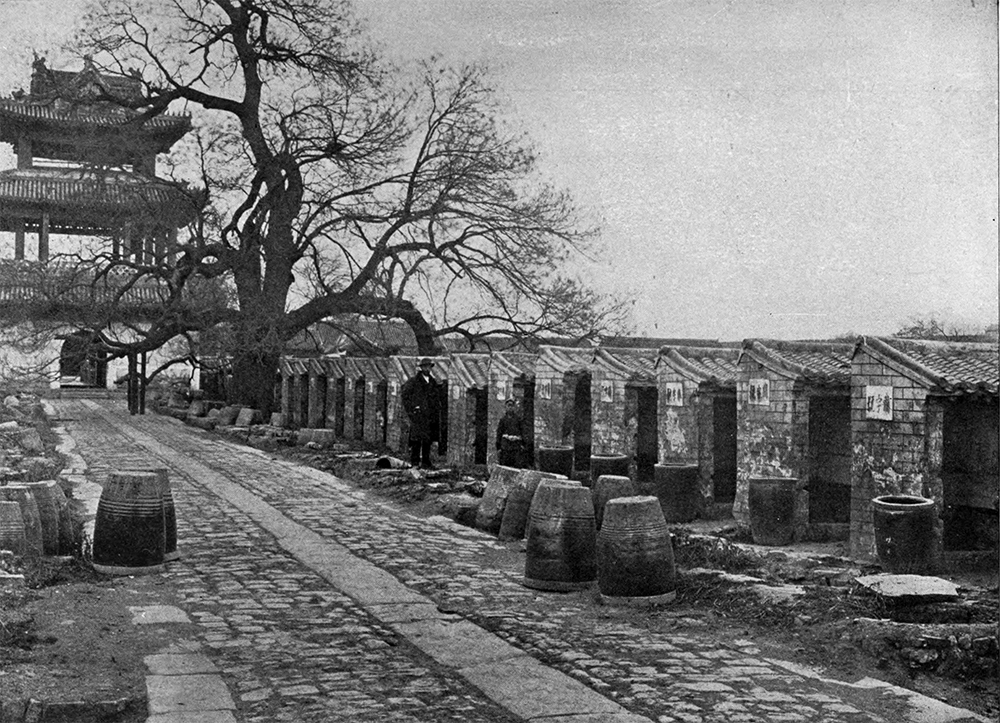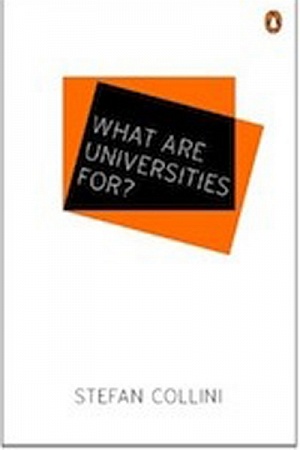The Aristocracy of Talent: How meritocracy made the modern world
Allen Lane, $55 hb, 490 pp
Trouble at the starting line

The Taiping Rebellion was the most disastrous civil war in history. Over fourteen years from 1850, the upheaval claimed the lives of more than thirty million Chinese people – many to violence, more to famine, plague, and displacement as hundreds of cities across the Qing empire were destroyed.
Leading the rebellion was Hong Xiuquan, a poor man trying to break into the ranks of the scholar–official class, a familiar path to moderate prosperity in China. Three times Hong sat the civil service exams, and three times he failed – again, a familiar story in an exam with a success rate often little more than one per cent. Outraged by his inability to make the winning list, Hong led a revolt which tapped into widespread discontent. When the rebels captured the imperial capital of Nanjing, Hong introduced his own exams for the new civil service. Aspiring candidates were examined on Hong’s translations of Christian holy books instead of set texts from Chinese classical literature.
Continue reading for only $10 per month. Subscribe and gain full access to Australian Book Review. Already a subscriber? Sign in. If you need assistance, feel free to contact us.











Leave a comment
If you are an ABR subscriber, you will need to sign in to post a comment.
If you have forgotten your sign in details, or if you receive an error message when trying to submit your comment, please email your comment (and the name of the article to which it relates) to ABR Comments. We will review your comment and, subject to approval, we will post it under your name.
Please note that all comments must be approved by ABR and comply with our Terms & Conditions.